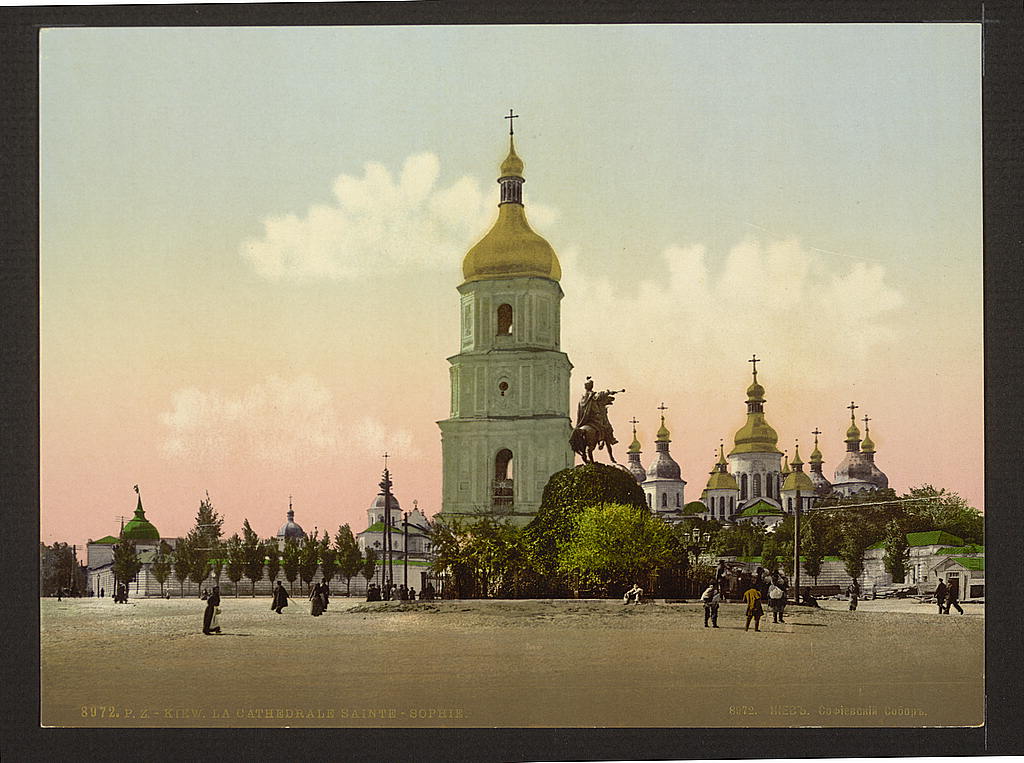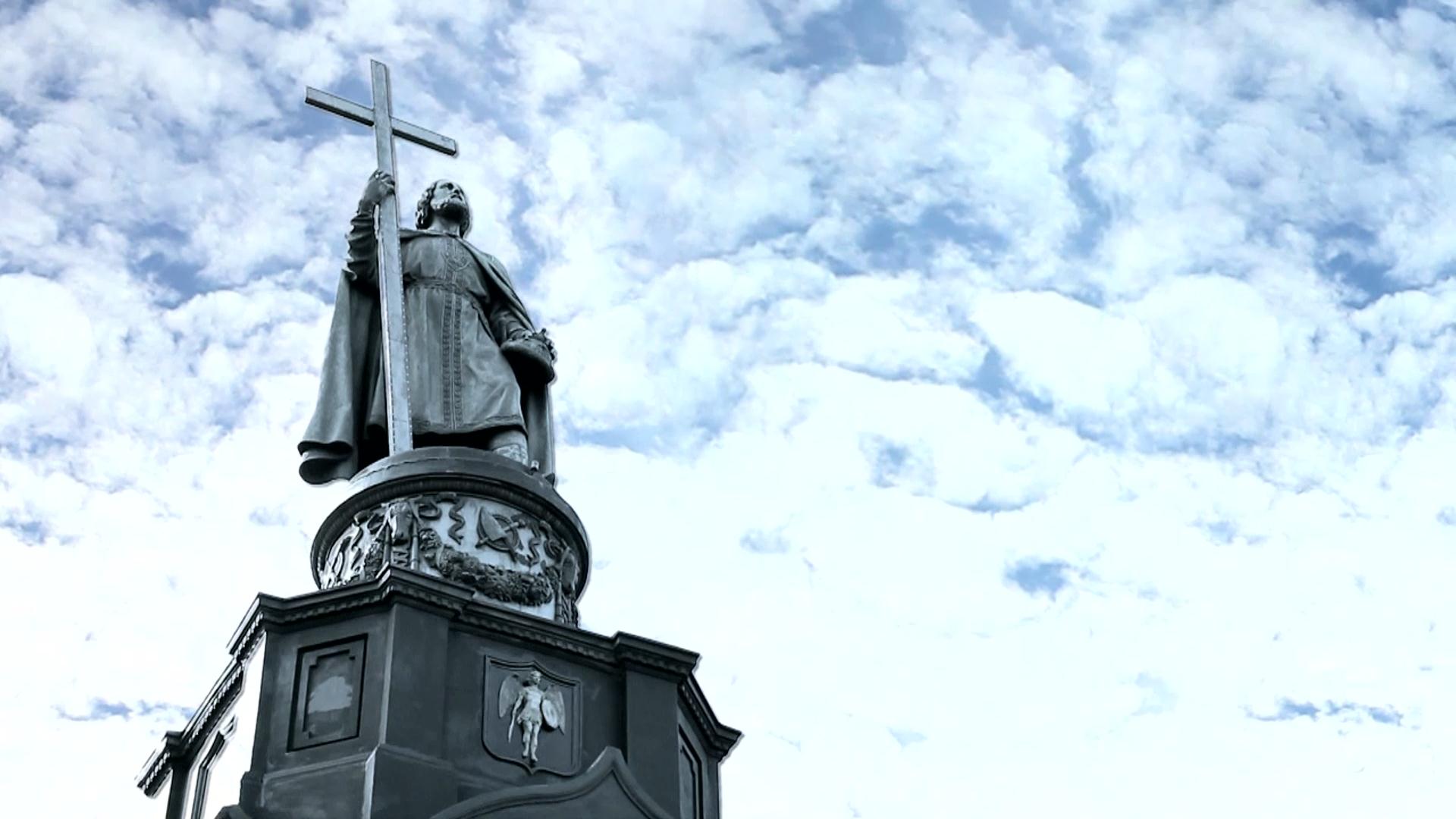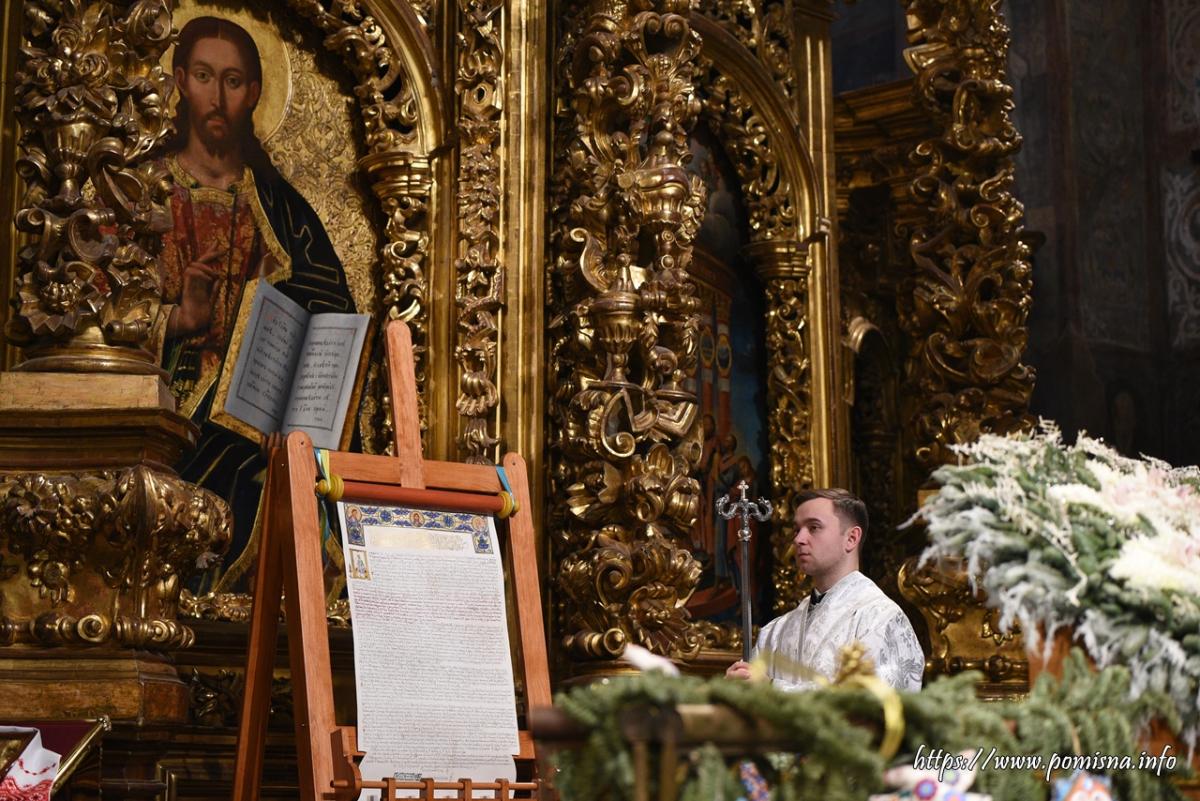Although the Universal Patriarch in Constantinople has not yet given the tomos of autocephaly to the Ukrainian Orthodox Church, Bartholomew’s decision to reclaim Ukraine as dominion, thus depriving the Moscow Patriarchate of its claims in Ukraine, and his acceptance of Ukrainian church leaders as his priests, clearly points in that direction.
As many commentators are already pointing out, the consequences of this shift are truly “global” for Ukraine, for the Russian Federation and the Moscow Patriarchate, for the Orthodox world, and for ecumenism and international relations more generally, even though it is certain that Moscow will still try to block or at least slow the process.
The Russian authorities religious and civil have the means to cause enormous trouble in this transition. They can provoke actions against their own churches in Ukraine and blame them on the Ukrainians, costing the latter support around the world. They can invoke such conflicts to expand military action in Ukraine.
They can continue to mobilize those smaller Orthodox patriarchates they have been able to influence or buy off to speak against the granting of the tomos of autocephaly to Ukraine. And they can seek to interfere in the Orthodox conclave in Ukraine that Constantinople says is necessary as a step toward autocephaly for the Ukrainian church.
The last is the most likely, and the Moscow Patriarchate is certain to signal its intention of trying to block this move from the inside as it were when Patriarch Kirill hosts a meeting of the Holy Synod in Minsk on Monday. But it is almost certain that Moscow can only delay and not derail the train of autocephaly and thus Ukraine’s separation from Russia after 300 years.
The consequences of such an enormous tectonic shift are so enormous that it is as yet difficult to say what they will all be and how they will play out in the coming days, months, years, and decades. But below are some of the most obvious and important for each of places in which they will be playing out.
For Ukraine, this decision gives new content to its national independence, separating it from Russia in a fundamental way, and giving it the largest Orthodox church in the world, thus making Kyiv a player in international religious life far larger than it has ever been in the past. More than any decision on language or the Russian invasion, this makes Ukraine truly Ukrainian.
For Russia, it is an enormous loss not only to the pretensions of some broader “Russian world” or to the leadership of the Orthodox world – it is likely to lead to more autocephalies in the former Soviet space and will certainly reduce Moscow’s influence in all of them – but undermines whatever chance for the modernization of Russian Orthodoxy there may have been.
Patriarch Kirill will certainly see his influence at home decline and may even lose his job to Putin’s reputed favorite, Metropolitan Tikhon (Shevkunov) of Pskov, who favors a far more isolationist and anti-Catholic policy than Kirill. There may even be pressure to move the Moscow Patriarchate in the direction of the Old Believers vis-à-vis the West.
There is another reason to believe that Kirill is in trouble: Since becoming patriarch, he has created dozens of bishoprics in Ukraine in order to install his supporters there and ensure that he controls the direction of the church and the election of the next patriarch. With their loss, he will control far less – and others like Tikhon will exploit that fact.
The Russian Orthodox Church of the Moscow Patriarchate will no longer be the largest Orthodox denomination, although it will still at least for a time be the wealthiest and the most heavily supported by the government. It may try to transform itself into what some call “an Orthodox Vatican,” but it almost certainly will fail.
For Orthodoxy, this will provoke a reordering and a split; but despite heavy breathing in Moscow about this, such splits in the Orthodox world are nothing new. There is no Orthodox pope, and even the Universal Patriarch is at most “first among equals.” And despite its hopes, Moscow is not going to displace Constantinople in that regard whatever it does.
The number of autocephalous churches will rise, and that will make the Orthodox world more, not less complicated. The level of cooperation among some of its churches will likely fall, especially as the Russian church loses some of its income because of the loss of parishes and bishoprics in Ukraine.
For ecumenism, the grant of autocephaly to the Ukrainian Orthodoxy will simultaneously both reduce and expand the possibilities for improving relations among the various Christian churches of the World. It will reduce them in the short term because Moscow will become even less a participant than it has been.
But it will expand them, at least potentially, because Ukraine includes within it both Orthodox and Uniate believers, and the allegiance of the latter to Rome will open new possibilities for conversations, although it is certain that Moscow’s agents will try to play the Uniates and Ukrainian Orthodox off against each other to slow that process.
And for international relations, this development will also have mixed consequences: a wounded Russia perhaps even more ready to strike out against others than it has been, a newly confident Ukraine whose people can claim real progress in nation building separate from the Russian world, and multiple players around the world who will be watching to see how this affects them.
At the very least, it is a great day for Ukraine, a huge loss for Russia, and an occasion for all who reject imperialism of any kind to celebrate.
Further Reading:
- The next domino – Belarusian Orthodox hope for autocephaly
- 38 of the 46 Ukrainian Orthodox churches in Crimea forced to close by Russian occupiers
- Ukrainian Orthodox Church Kyiv Patriarchate in Crimea evicted from Cathedral
- Ukrainian Greek Catholic Primate fears his church may be liquidated in Crimea
- Russia methodically destroys and removes cultural treasures from occupied Crimea
- Moscow having failed to block Ukrainian autocephaly now attempting to exploit it
- Constantinople moves to grant autocephaly to Ukrainian Church, outraging Moscow
- Three signs Moscow Patriarch Kirill knows he’s lost on Ukrainian autocephaly
- Implicitly conceding Ukrainian autocephaly, Moscow makes plans to split Orthodoxy and dominate one part of it, analysts say
- 900-year-old relic found under church floor in Busk, Lviv Oblast
- Why Ukraine needs a free and recognized Orthodox Church
- A Ukrainian National Church — Ukraine’s hopes and Moscow’s traps








